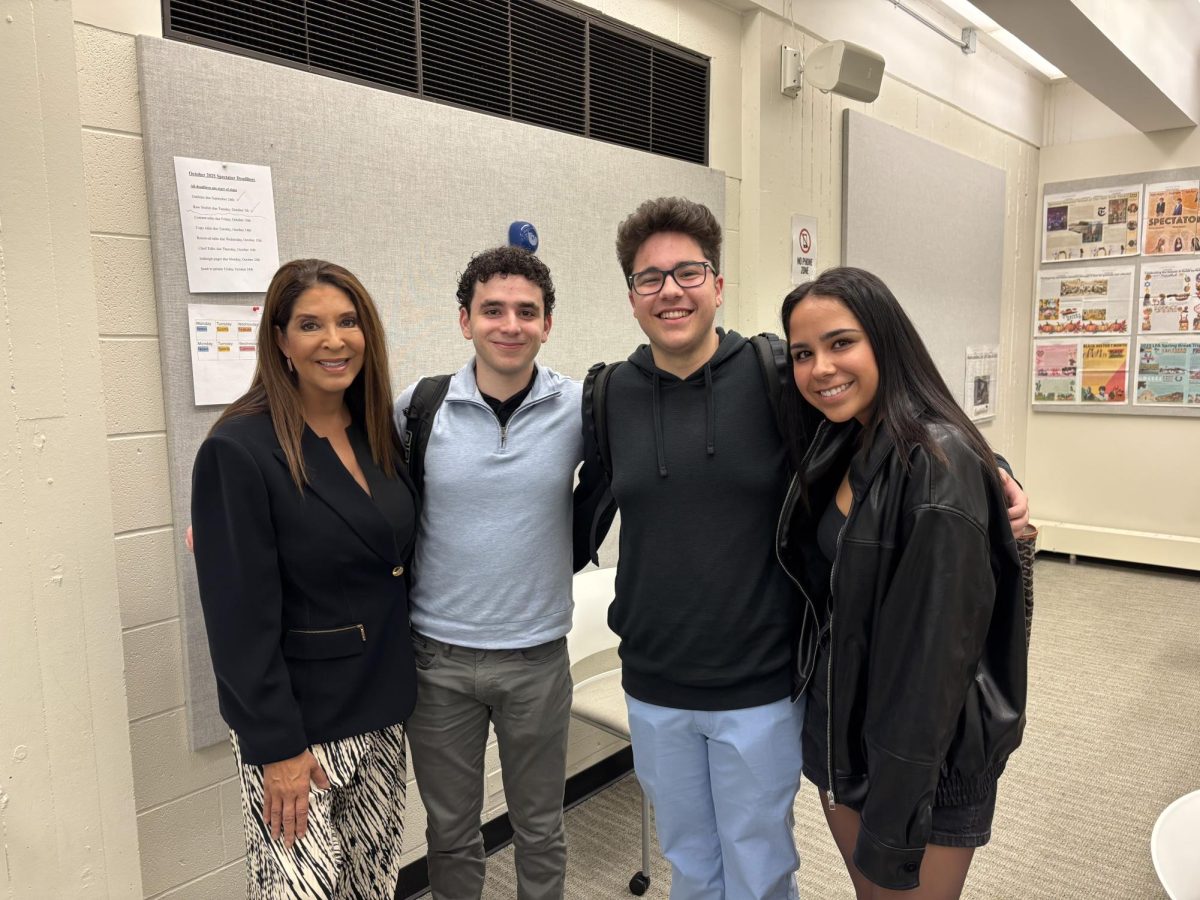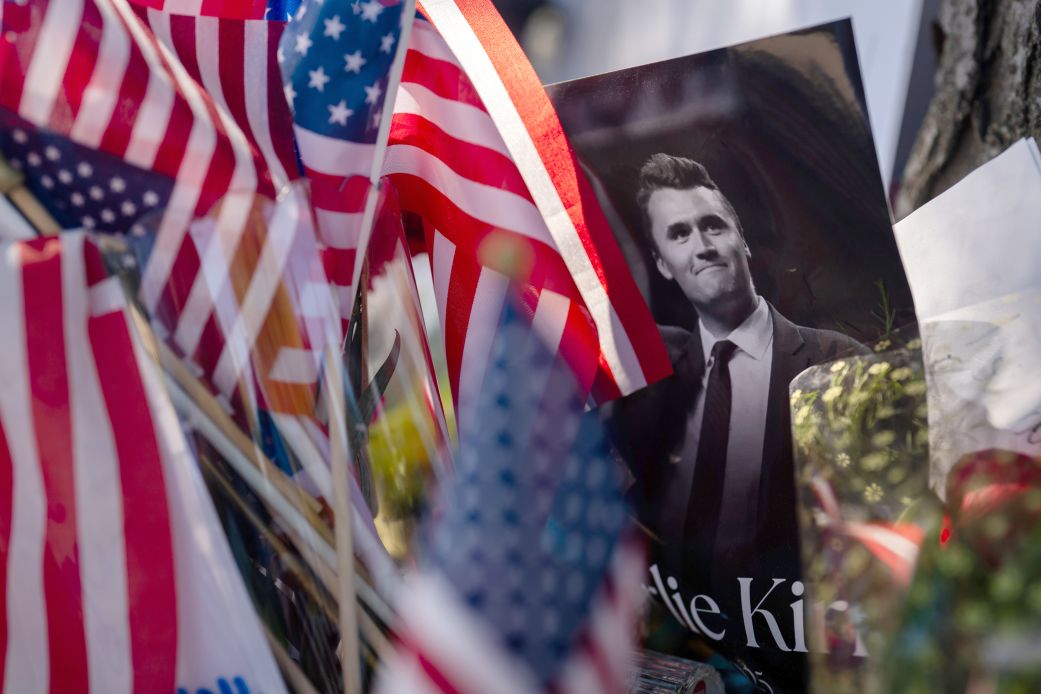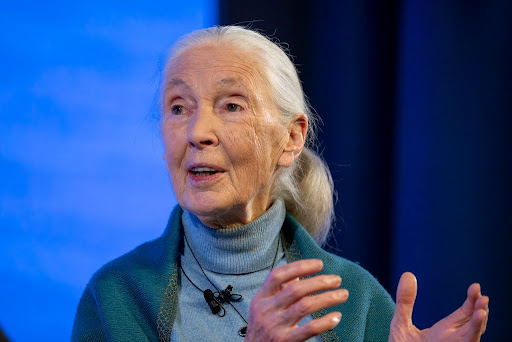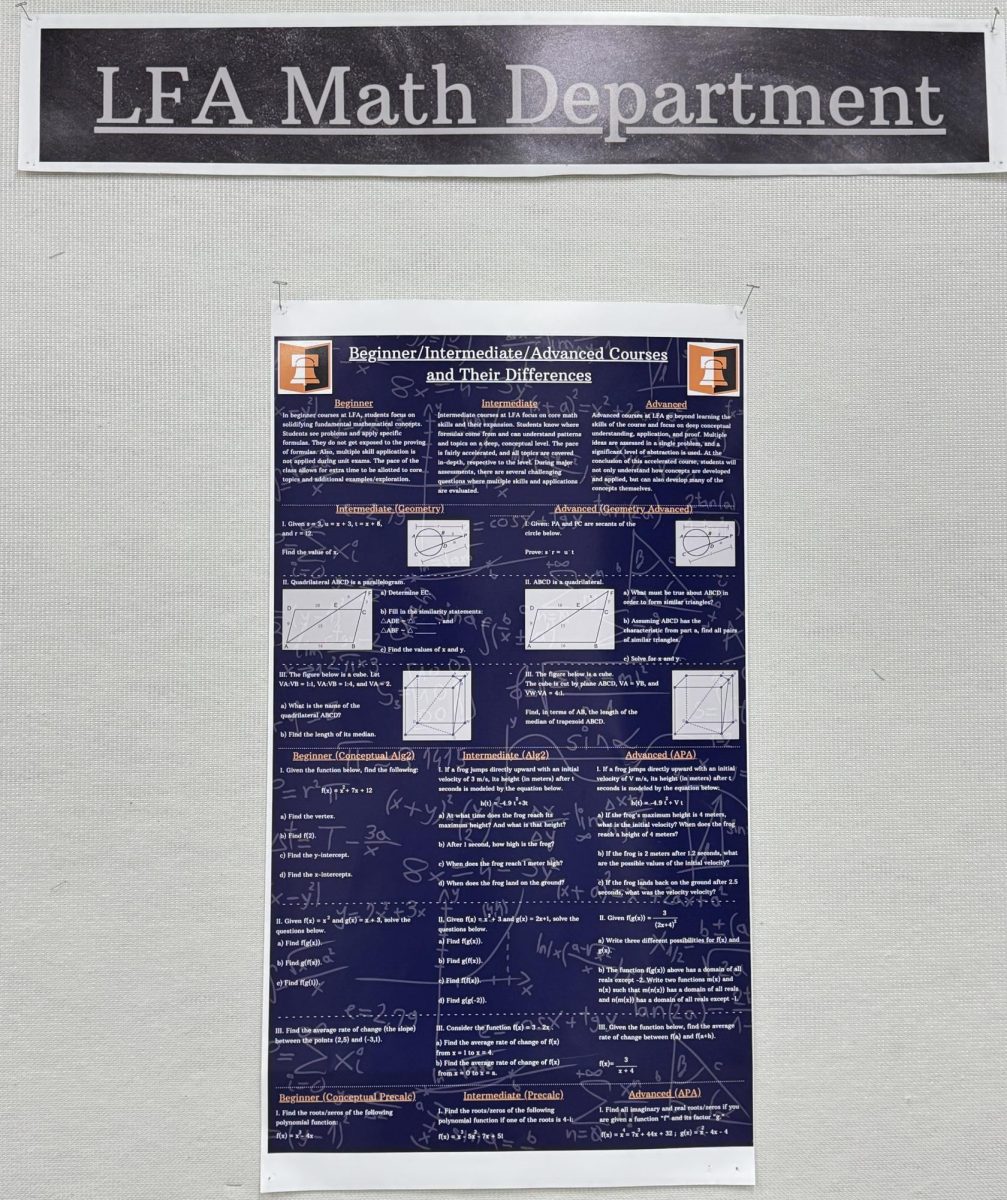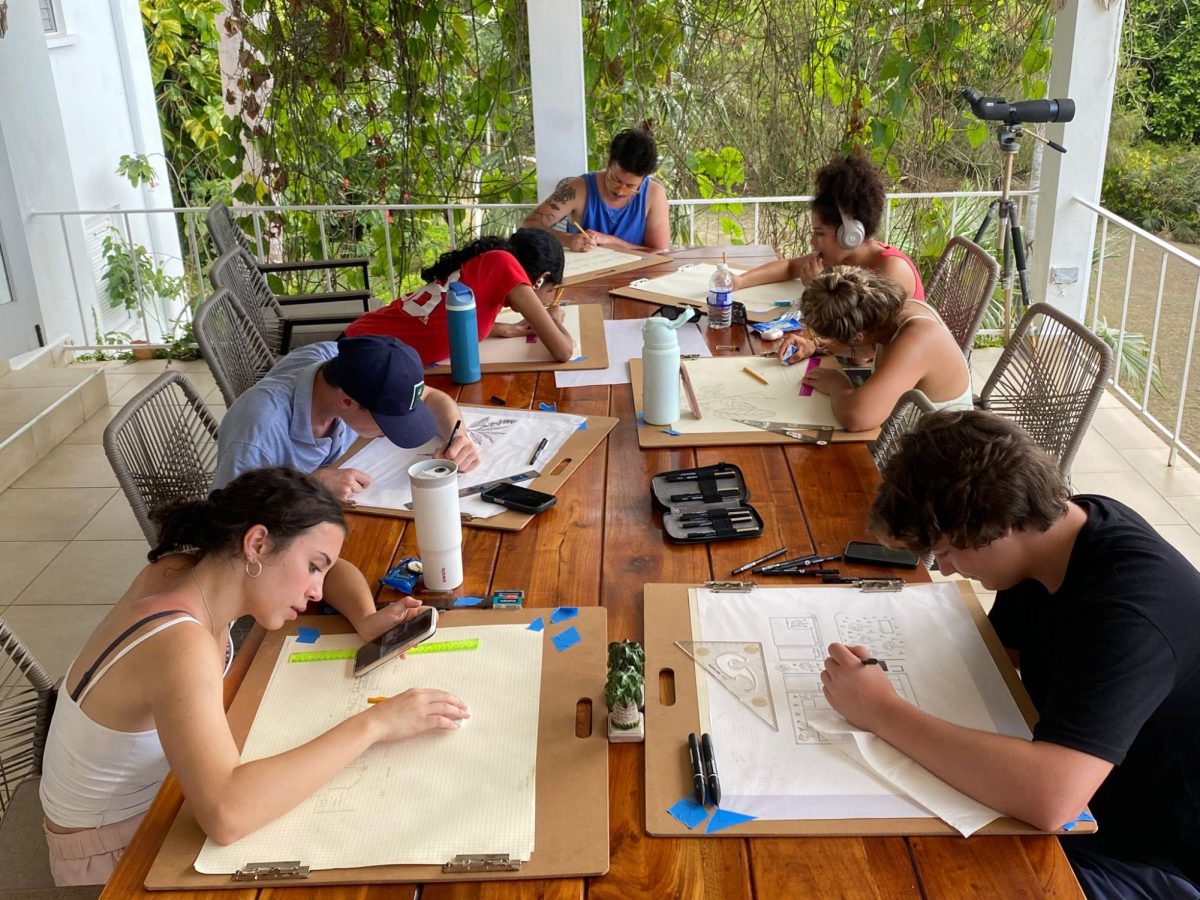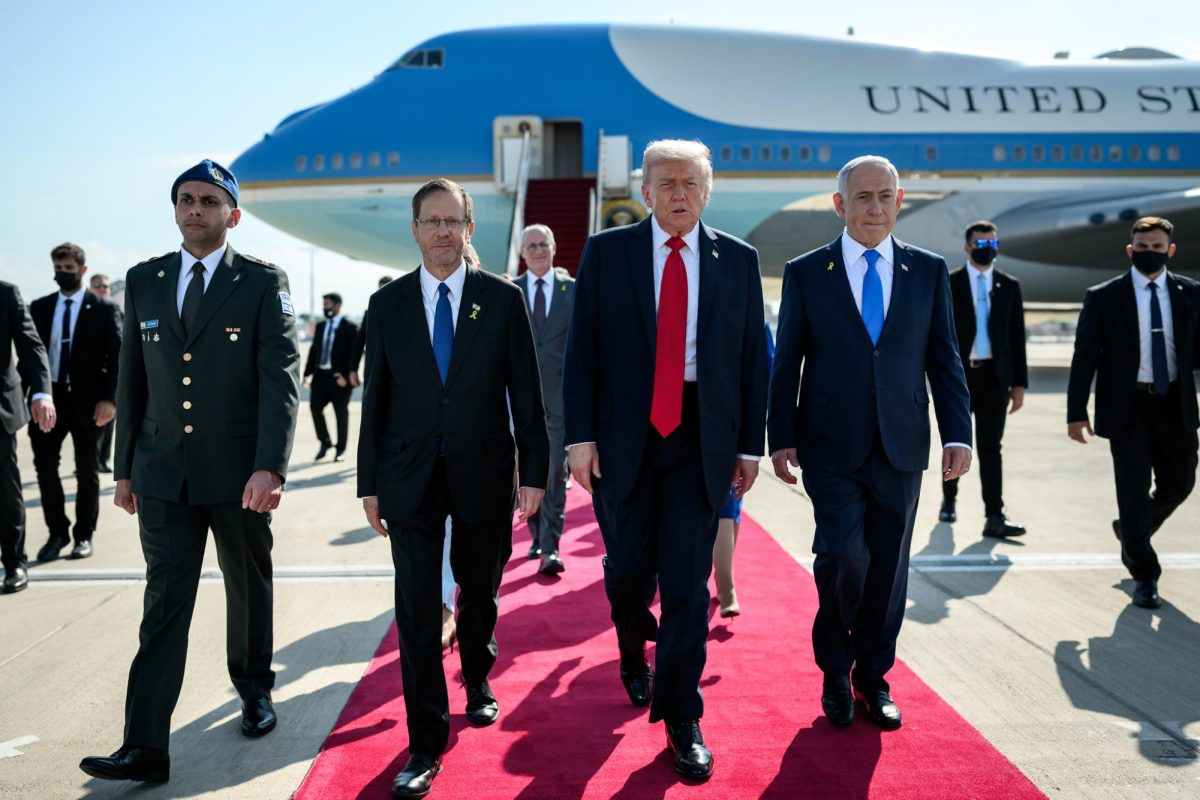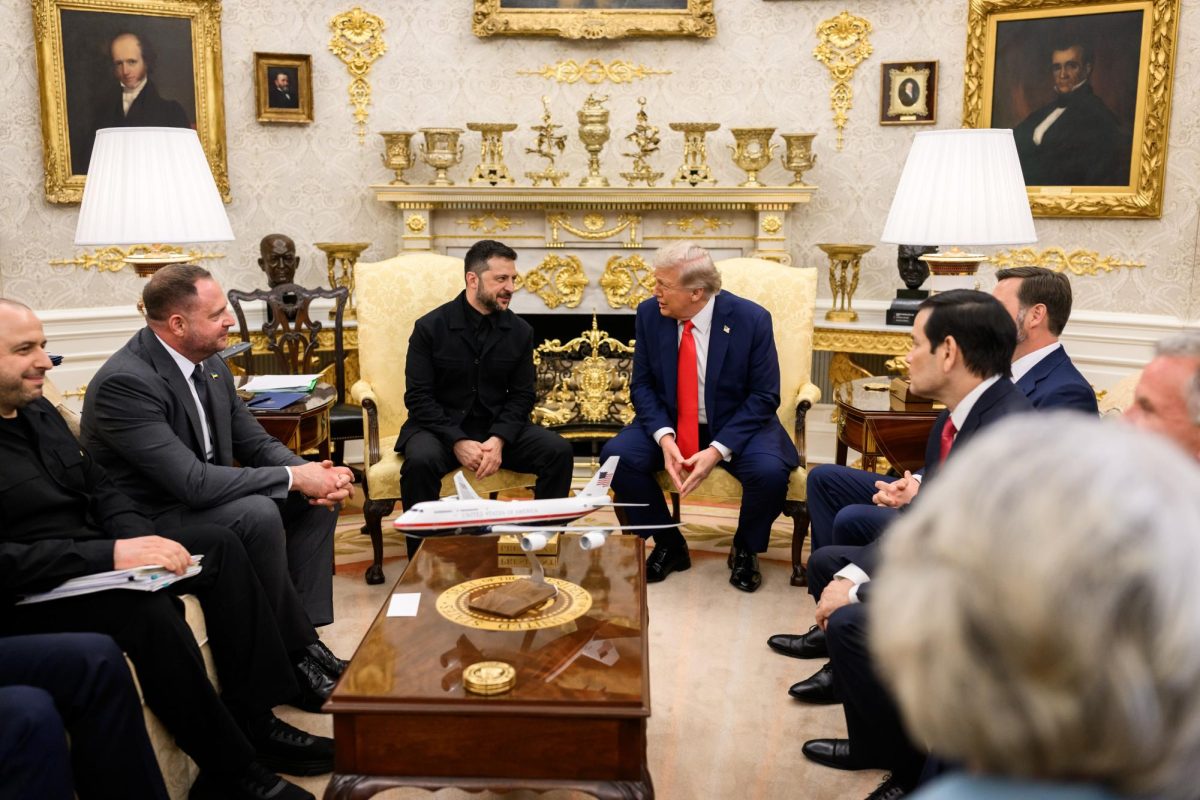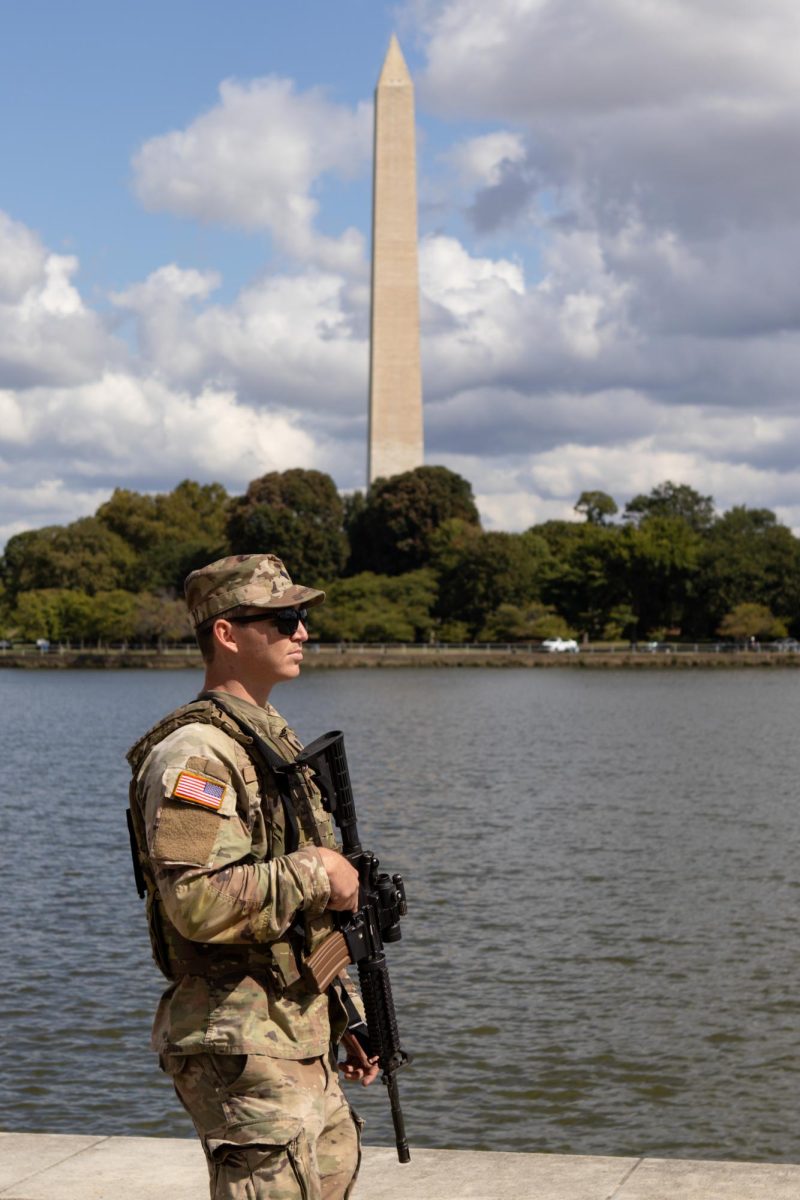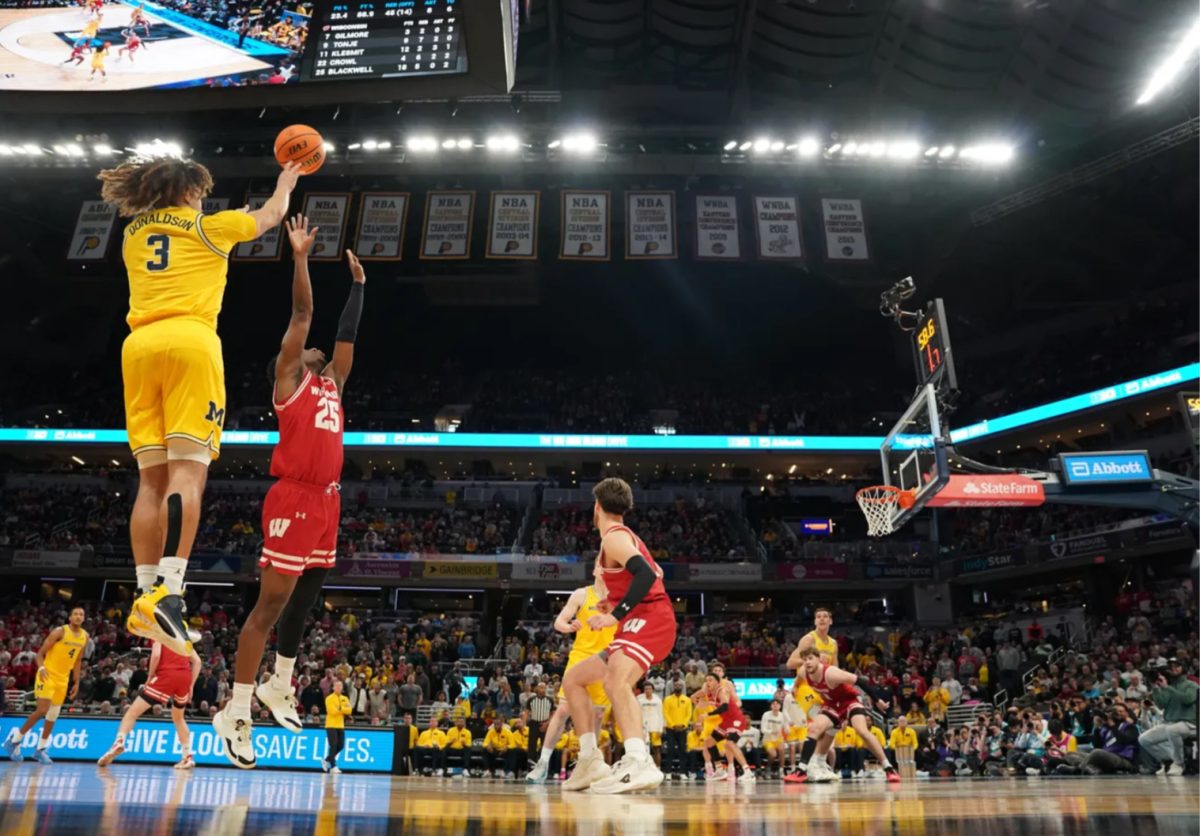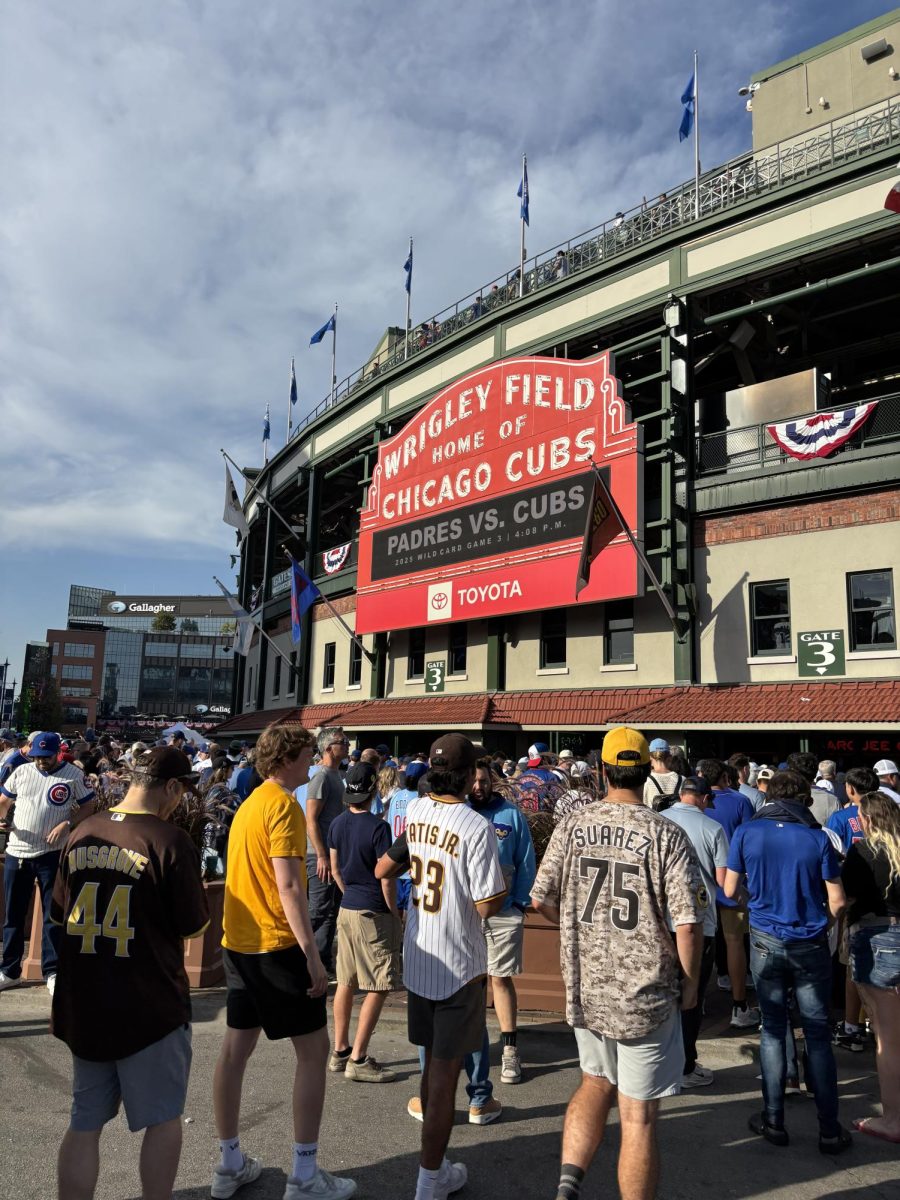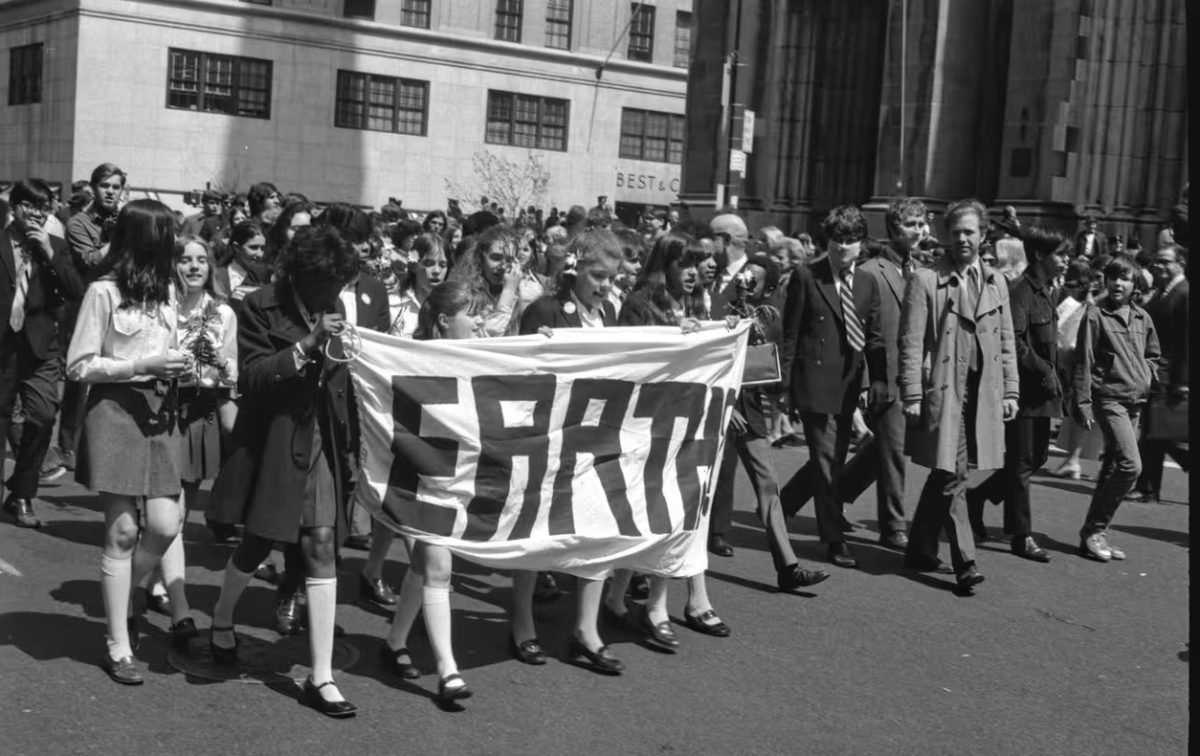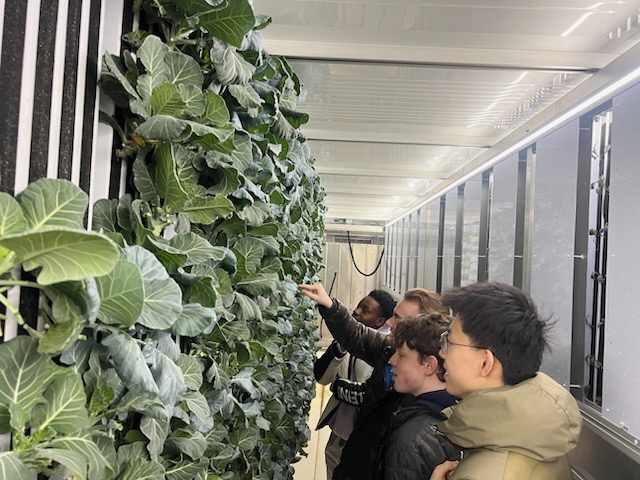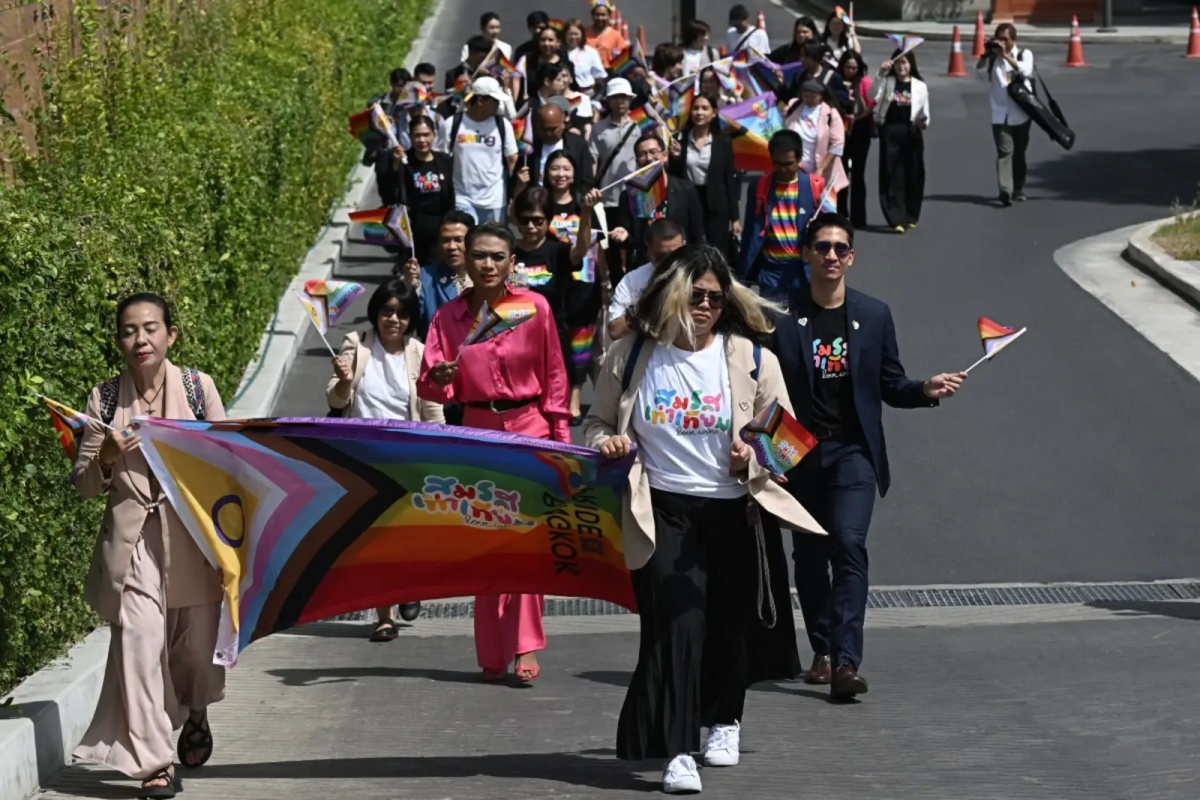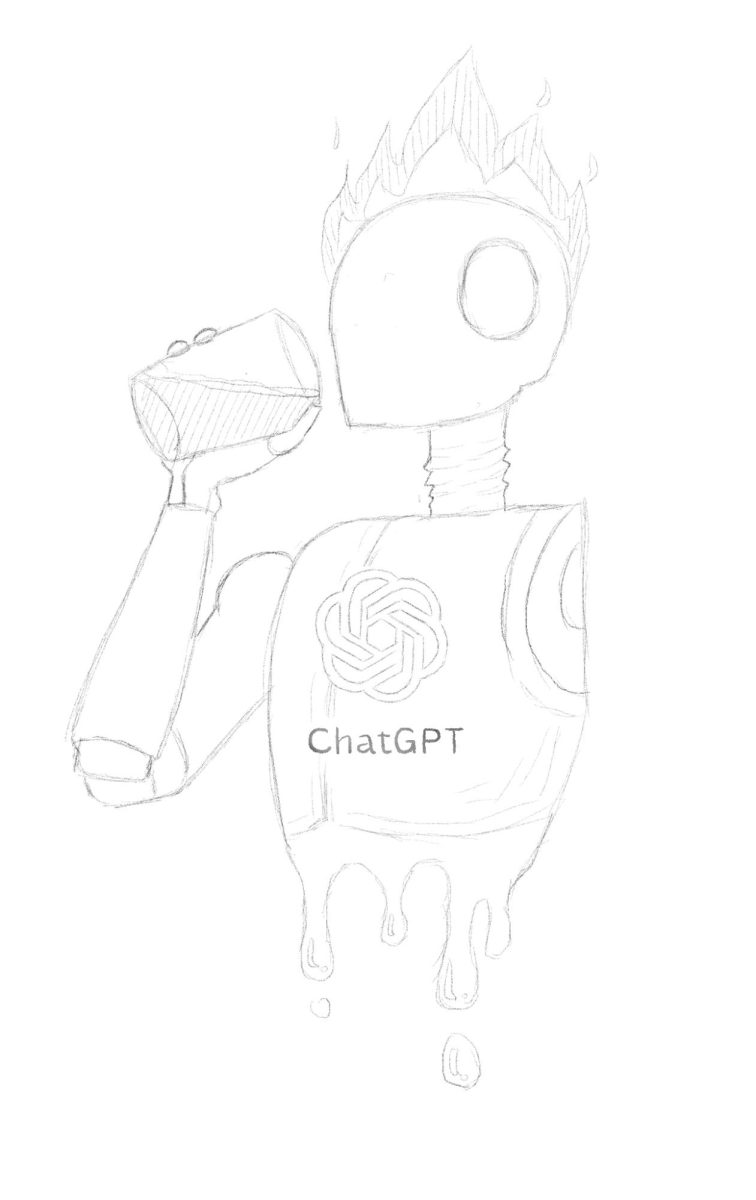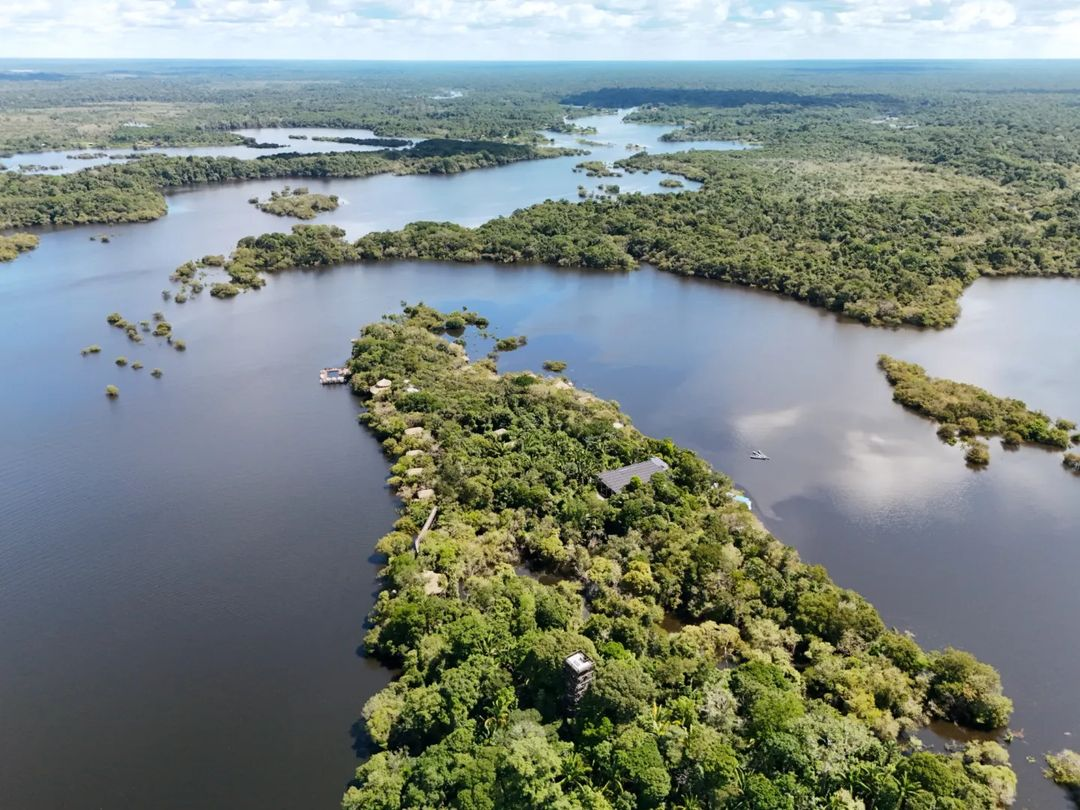The Amazon Rainforest is vital to the survival of our planet: it roughly stores 150 billion tons of carbon, the trees release approximately 20 billion tonnes of water per day which keeps our Earth’s carbon and water cycles running, and new species of wildlife are discovered every other day in this magnificent rainforest. Yet, the Brazilian Congress has passed a bill, BR-319, to pave a highway, puncturing right through the heart of the forest.
Nearly 20% of the Amazon has been destroyed already and many scientists believe that if we continue this mistreatment, the entire forest’s ecosystem will collapse.
The reasoning behind this decision is that the Brazilian states, Rondonia and Amazonas, feel disconnected from each other. According to The Hilltop, Alberto Neto, the bill’s author, explained, “We want a road that gives us the right to go back and forth, to transport goods [and] to buy food. This is the only highway in Brazil that is not paved, we cannot treat people from the North as second-class citizens.” Many people living in these remote areas feel that they do not have access to modern civilization. The current 560-mile-long dirt road makes it difficult for many of the residents in these areas to access medical care, schools, and goods. For them, having the road paved would solve many of their social problems. In addition, Kerry Cedergren, a science teacher at LFA, pointed out that another benefit the highway could bring is the “vast research opportunity” to Brazil. Parts of the rainforest that could not be researched due to it being inaccessible, can now be discovered.
However, the creation of this highway could also ease the access of illegal loggers and miners to the Amazon, and governance over these activities would be limited. Nearly 20% of the Amazon has been destroyed already and many scientists believe that if we continue this mistreatment, the entire forest’s ecosystem will collapse. This could change South America’s climate, expedite global warming, worsen food insecurity, and displace 2.2 million Indigenous peoples from their homes in the Amazon.
Across the world, many of the ancient lands that Indigenous Peoples live off of and pray towards are being destroyed. Indigenous groups often serve as guardians of the land and the well-being of our planet. They live in a sustainable existence, meaning they use the ecosystem in a way that does not harm other plants and animals living there. However, in our profit-centric society, we destroy these habitats in order to gain material such as fuel, lumber, farming, and more. This rips away the cultural identity of indigenous tribes and diminishes the organic resources they acquire from the land. Not only that, their health becomes at risk. Cedergren emphasized that the rainforest “also supplies various medicines that are important to humankind.” If the rainforest faces more deforestation, we could lose natural medicines that are not only crucial to Indigenous peoples’ survival but to all of humanity.
Additionally, the forest acts as a barrier for Indigenous communities, protecting them from health dangers that urban communities face. Specifically, the Yanomami people living in the Amazon have experienced an extremely high mortality rate in their children. This is due to illegal gold mining occurring in the forest, which has increasingly exposed them to malaria and malnutrition. This is directly linked to the lack of food and clean water sources due to the mines degrading the forest. This is one of the many examples of Indigenous peoples facing such abuse in their homes. At this rate of deforestation in the Amazon—22 square kilometers per day—more and more indigenous groups will begin to lose their home and be forced into poverty.
Unfortunately, even with all of this information being evident to the Brazilian government, they still plan to use the Amazon Fund—money donated by international supporters to conserve the rainforest, lower deforestation, and protect indigenous territories—as a way to fund the highway project. Major supporters of this fund such as the United States, Germany, and other European donors have warned against the creation of the highway, as this project does not follow the fund’s rules of reducing deforestation. Cedergren concluded that it is best to compromise the cons and the pros for the government to benefit the underrepresented population in Brazil, but also be aware of the consequences that can be brought up by the introduction of this highway.
The decision is difficult as the Brazilian government wants to help the people in their country but it could further endanger the health of our planet and human survival. Major leaders and governments throughout the world must prioritize the environment when making decisions for their country. With strong leaders taking environmental action, citizens will feel empowered to do the same. We can not undo the damage we have already done, but we can protect and preserve what is left.

